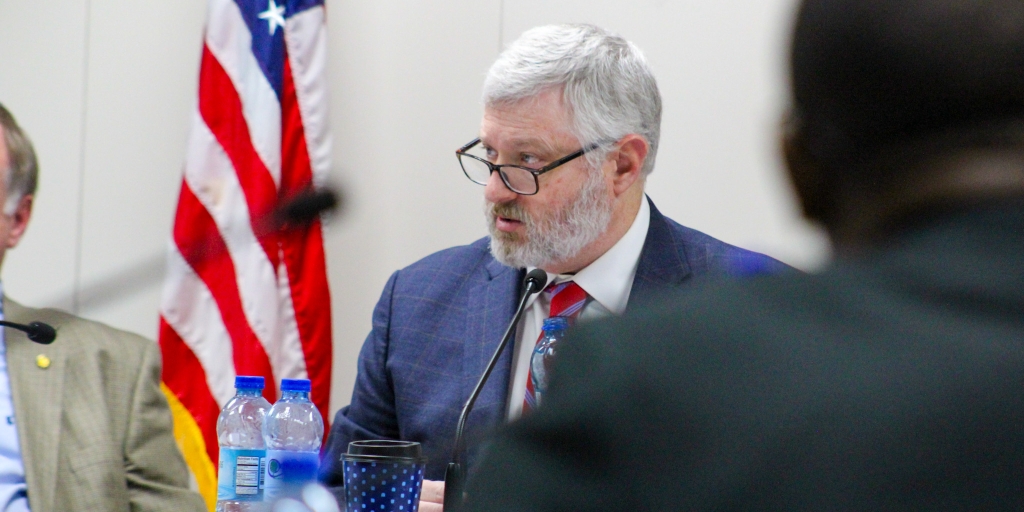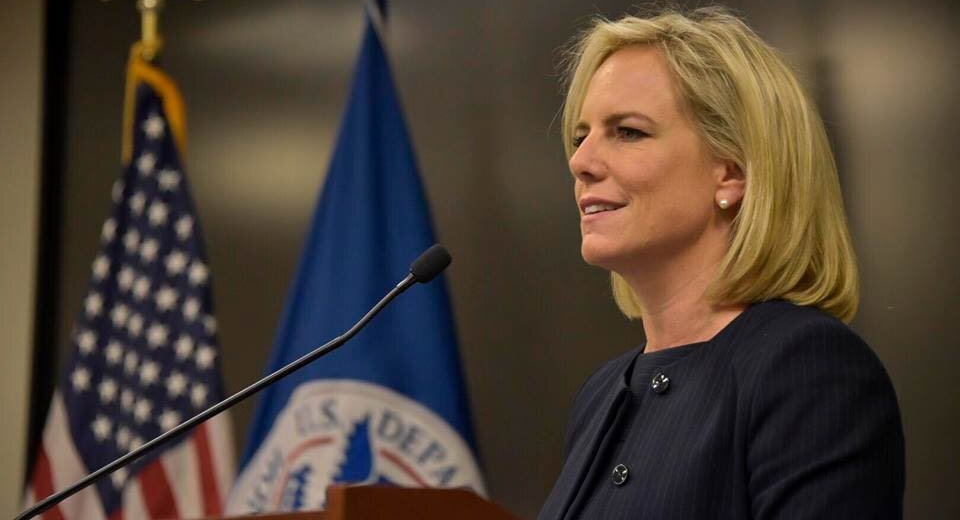Fortune ranked the University of Alabama at Birmingham’s in-person master’s degree in cybersecurity as the No. 1 program in the country. According to Fortune, there are nearly 770,000 cybersecurity job openings in the United States.
“We are proud to be recognized for academic excellence by Fortune and named the nation’s leading institution for graduate studies in cybersecurity,” said UAB Provost and Senior Vice President for Academic Affairs Pam Benoit. “UAB’s Department of Computer Science has created an outstanding collaborative master’s degree program that prepares students to lead careers solving the world’s most challenging cybersecurity problems.”
Fortune’s first-ever ranking of in-person cybersecurity master’s degree programs compared 14 programs across the United States in three components: Selectivity Score, Success Score and Demand Score.
“I am thrilled to see this acknowledgement of our cybersecurity master’s program,” said Kecia Thomas, Ph.D., dean of the UAB College of Arts and Sciences. “Our students and graduates benefit from excellent faculty and a local community that is invested in their training and success.”
Collaboration for career success
Founded in 1967, the UAB Department of Computer Science provides students a collaborative educational experience and emphasizes important tools that are significant in the field of cybersecurity, including data science, machine learning and artificial intelligence. Cybersecurity students at UAB can take data science and ML/AI courses as their electives, greatly increasing their skills and employment prospects. The program is also interdisciplinary by design, and it admits students with a variety of undergraduate majors.
“Cybersecurity is not just a technical problem — it is a human problem requiring knowledge of social dynamics, criminal laws and policies, and the ability to work as a team,” said Ragib Hasan, Ph.D., associate professor in the UAB Department of Computer Science. “As part of UAB’s in-person curriculum, students work as a part of a team, collaborating and learning from each other.”
Key collaborative opportunities within laboratories on cybersecurity, data science and machine learning from the Department of Computer Science and the UAB J. Frank Barefield, Jr. Department of Criminal Justice ensure that students get a quality educational experience in cybersecurity and exposure to real-life cybersecurity, AI, ML, data science and digital forensics projects.
Learn more about a master’s degree in cybersecurity at UAB here.
“Demand for cybersecurity experts will continue to grow over the coming years, and UAB is a strong choice for cybersecurity education to jump-start a career,” Hasan said. “Cybersecurity is a problem-solving profession that continues to evolve. Earning a master’s degree in cybersecurity from UAB is a potentially promising route for finding a high-paying job.”
Most UAB graduates go in two directions for their careers in cybersecurity. Some focus on a cyberdefense profession, becoming cybersecurity engineers who design and build security solutions and defend the computer systems of organizations from cyberattacks. The other career track is cybercrime investigation, where graduates explore careers as cybercrime analysts with law enforcement and other agencies to help run digital forensics and cybercrime investigations.
Real-world scholarship and research partnerships
Cybersecurity is one of the core research focus areas of the UAB Department of Computer Science. Multiple faculty members specialize in cybersecurity and receive funding and support from the National Science Foundation, the Department of Homeland Security, Google, Facebook and Amazon.
“Our faculty conducts cutting-edge research on a wide range of aspects of cybersecurity, from digital forensics, blockchain, web security and secure Internet of Things to cryptographic algorithms and protocols,” said Yuliang Zheng, Ph.D., chair of the Department of Computer Science and principal investigator of UAB’s CyberCorps Scholarship for Services program. “Their research outcomes are widely recognized by peers from around the world. Some of their innovations have been incorporated into international standards for cybersecurity, helping build a safe, secure and effective digital life for billions of internet users.”
UAB faculty are passionate about incorporating advanced research into teaching, providing students with a unique opportunity to learn from world-class experts the state-of-the-art knowledge and skills in cybersecurity.
UAB’s SFS program has provided full scholarship and stipend support to 24 Master of Science in cybersecurity students who have joined top national and state-level cybersecurity agencies, including the FBI, MITRE, Government Accountability Office, U.S. Air Force, Social Security Administration, Department of Defense, Marshall Space Flight Center, FDIC, Sandia National Labs and the Department of Justice.
Women make up 35 percent of the SFS scholarship recipients and the same percentage for Black students, both of which are much higher than national averages. UAB’s SFS program distinguishes itself from peer programs in making outstanding contributions to the production of a more diverse cybersecurity workforce for the nation.
Widely available internships
Numerous tech companies in the Birmingham area and beyond offer cybersecurity students hands-on internship opportunities, where they can connect theory from the classroom to real-world work.
“Learning cybersecurity in person is quite important,” Hasan said. “We apply techniques such as active learning, which means our course are designed to combine theory and practice together. This gives students valuable hands-on experience.”
Examples of hands-on learning at UAB include such courses as Network Security, Cyber Risk Management, Blockchain, Computer Forensics, Data Mining and Modern Cryptography. Through these classes, students work on projects involving real-world problems and design solutions using industry-standard tools that cybersecurity professionals would use.
“Our students can obtain a world-class education, get hands-on experience and explore job opportunities — all at a low overall cost,” Hasan said. “The tuition and cost of living are quite low compared to many other areas. UAB’s student population and the demographics of the local area are quite diverse. As a result, these factors make UAB a strong choice as a university for cybersecurity education.”













